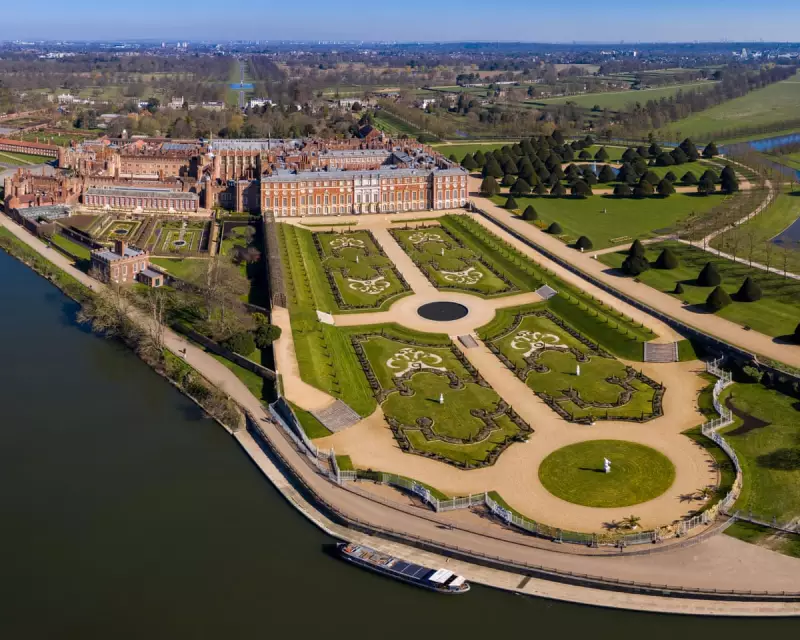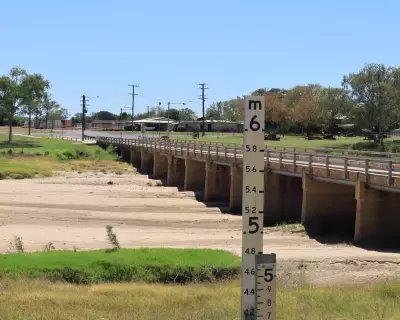
Environmental protection in Britain stands at a dangerous crossroads as the government quietly contemplates abandoning a crucial international agreement that has safeguarded public access to environmental justice for decades.
The Aarhus Convention, which Britain helped pioneer and has been party to since 2005, faces potential withdrawal by the current administration. This move would represent a significant rollback of environmental democracy and public accountability.
The Pillars of Environmental Democracy
This landmark convention rests on three fundamental pillars that have transformed environmental governance:
- Public access to environmental information - ensuring transparency about pollution levels, development impacts, and ecological data
- Meaningful public participation - giving communities a genuine voice in environmental decision-making
- Access to justice - enabling citizens and organisations to challenge environmental decisions through courts and tribunals
Why This Matters Now More Than Ever
With climate change accelerating and biodiversity declining at alarming rates, the mechanisms provided by the Aarhus Convention have never been more critical. Environmental lawyers and campaigners argue that ditching this agreement would:
- Silence community voices in planning decisions affecting local environments
- Make it harder to hold government and corporations accountable for environmental damage
- Undermine Britain's international credibility on climate leadership
- Create a dangerous precedent for environmental deregulation
A Legacy Under Threat
The convention bears the name of the Danish city where it was signed, representing a European commitment to environmental democracy that Britain once championed. Walking away from this agreement would signal a dramatic shift in the UK's approach to environmental governance post-Brexit.
Environmental organisations across the country are mobilising to defend what they see as a fundamental safeguard against ecological degradation. The potential loss of these protections comes at a time when environmental challenges demand greater transparency and public engagement, not less.
As one veteran campaigner noted, "This isn't just about legal technicalities - it's about whether ordinary people will have any meaningful say in protecting the air they breathe and the landscapes they cherish."





